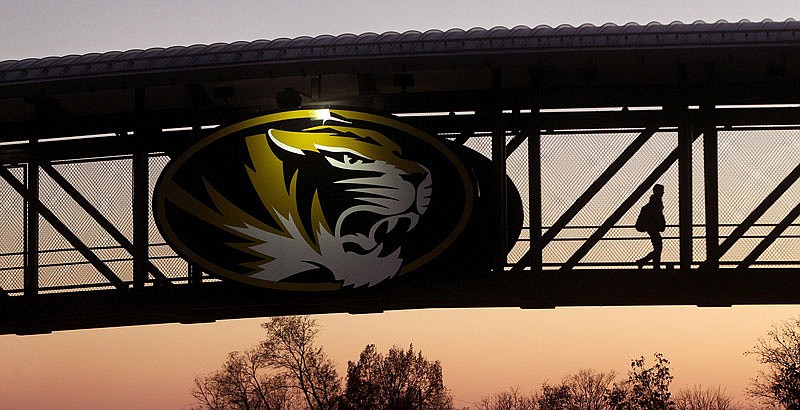JEFFERSON CITY, Mo. (AP) - Administrators at Missouri public colleges and universities say they are reluctant to consider raising tuition, but they might have no choice.
New Republican Gov. Eric Greitens proposed on Thursday a nearly 10 percent reduction in core higher education funding in his budget proposal for the coming year.
University leaders say that Greitens' proposal to slash another $22 million on top of $68 million in cuts announced in January makes higher tuition almost inevitable.
"My understanding is that the governor doesn't want us to go in that direction, but if we don't want to lessen the services we provide, something's gotta give," said Robert Vartabedian, president at Missouri Western State University in St. Joseph.
Missouri public universities haven't had to increase tuition much for the past 10 years because of yearly agreements with lawmakers to keep tuition level in exchange for a steady funding stream.
Former Gov. Jay Nixon signed a law in 2007 putting a cap on in-state tuition at 4-year schools, allowing increases only as large as the consumer price index, which was 2.1 percent in 2016. Universities are able to apply for a waiver through the Department of Higher Education to raise tuition beyond that limit. The department hasn't granted any waivers in the past five years, said spokeswoman Liz Coleman.
For students, the cap has offered stability, said Taylor Cofield, a senior at the University of Missouri's flagship campus in Columbia studying political science and psychology.
"Having that starting point and being able to know exactly what I'd be paying for each semester is reassuring," she said. Now that the university has sustained more cuts, she said she's worried about the impact on students.
"Even if we are comparably cheaper it's still not cheap," she said. "It's scary, especially if I potentially decide to continue my education at Mizzou."
Leaders of the four-campus University of Missouri System won't say that tuition will go up due to budget constraints, but they haven't ruled it out.
A statement from interim system President Michael Middleton said the cuts will make it "challenging" for the university to fulfill its core mission, and the system was looking for ways to make up for the losses.
In recent years, the system has depended more on tuition than ever before. A finance report said that in 2008, tuition and fees covered 29 percent of the system's budget; in 2016 it paid for more than half.
A task force charged with reviewing the University of Missouri system last year recommended that the Legislature remove the tuition cap. Although funding from the state has remained steady since 2008, universities have enrolled more students and expenses have gone up, the task force said. Without the ability to raise tuition, schools have had to make cuts and issue hiring freezes.
At a budget announcement Thursday in Nixa, Missouri, Greitens said he was confident that schools could make up the cuts without making students pay. He encouraged schools to "tighten their belts" and find ways to be more efficient.
But university leaders say that's easier said than done.
"I think there has to be awareness that after you cut so much, you can't tighten that belt without strangling yourself," said Wesley Payne, the president of Three Rivers College in Poplar Bluff.
Between 2008 and 2016, tuition in Missouri rose just 9.5 percent. Only Ohio and Montana fared better, according to the Center for Budget and Policy Priorities, a progressive think tank based in Washington, D.C.
Ravyn Highsmith, a junior at Missouri Western, said she was worried about a tuition increase. As a student paying for much of her education out of pocket, the relatively low cost was the biggest factor in her decision to attend school in Missouri.
"If they could raise (tuition) as high as they wanted to, I probably wouldn't be able to be here," she said.
The budget still must win approval in the House and Senate, and lawmakers say they will try to put some money back into higher education.
"(The cuts) are damaging to our economy and to our state as a whole," said Rep. Kip Kendrick, a Democrat from Columbia. "In a 21st century economy, higher education is vital. Businesses that look to set up shop in Missouri don't just look at our tax structure or infrastructure - they also look at how educated our populace is, and so we need to properly fund schools to have quality education."

